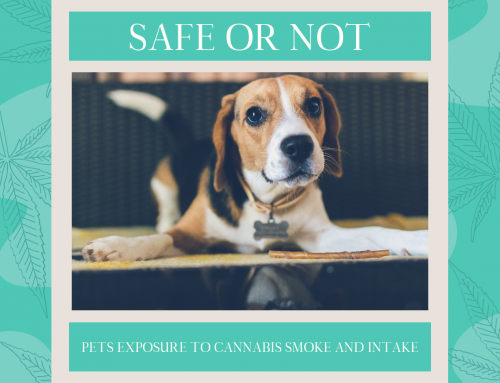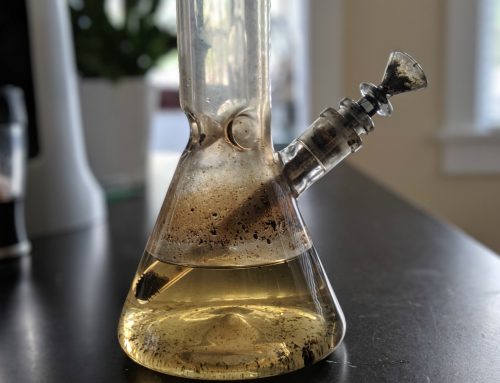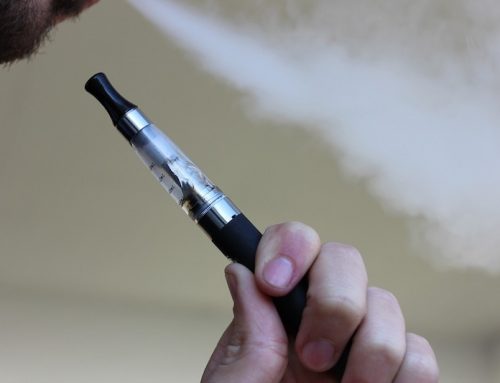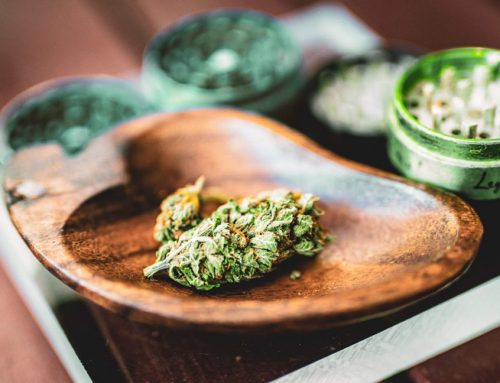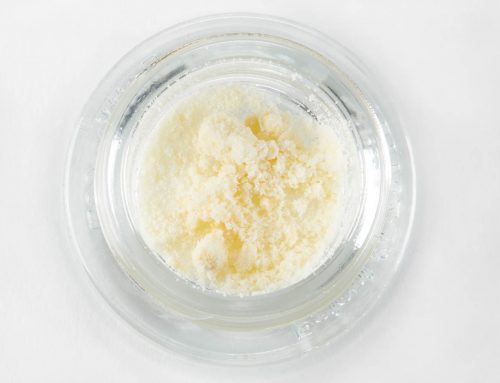
Cannabidiol (CBD) is among the 60+ active compounds that occur in cannabis plants. In recent years, a lot of research has been conducted on this compound to determine its benefits in treating different ailments. The results have mostly been positive, with studies suggesting that CBD has some beneficial effects on the body.
The main medical benefits of CBD include better sleep, reduced depression and anxiety, and better heart health. CBD is also known to reduce inflammation and soothe pain. However, CBD is not effective in treating these conditions if it is not taken in adequate doses.
Though millions of people use CBD to treat different health conditions every year, a good percentage struggle with getting the right dosage for optimal results. The reasons for this are varied; they range from government regulations and inadequate research to individual body responses and absorption variations in CBD products. The truth is that there is no single CBD dosage that works for all.
So, how can you determine the best CBD dosage for your condition? Here are seven ways to do it:
Start With A Low Dosage And Increase Gradually
If you are just starting to use CBD oil, it is advisable that you start with the lowest dose possible then increase it gradually until you start experiencing the effect you desire. Doing this enables you to know how CBD feels, and find the dosage that works well for you. Most CBD products will work with a dosage of one to ten milligrams.
However, it is advisable to increase the dose gradually until you begin to experience relief from your health issue. The best thing to do when you find a CBD dosage that is suitable for you is to stick to it. As you do so, pay attention to the effects that CBD may have on you. These can be quite subtle, and could include effects that you may not immediately feel.
Talk To An Experienced Healthcare Provider
Healthcare practitioners who have experience in administering medicinal CBD doses can help you determine how much CBD oil you should take in a day. Often, such practitioners will not only help you determine the right dosage, but also identify the delivery method that you should use based on your health situation. A health practitioner can also tell whether CBD will interact with the medications you might be taking.
In most cases, health practitioners advise people with anxiety to take products with a 20:1 ratio or higher that are administered either as capsules, edibles or drops. High CBD levels are extremely effective in treating chronic anxiety and stress, as well as guarding the body from experiencing the physiological effects resulting from these conditions.
However, CBD dosage depends on the severity of your condition. A person who is taking CBD for general wellness will usually require a much lower dose than someone who wants to relieve chronic pain. For a lot of people, a daily dosage of between 10 and 40 milligrams of full-spectrum CBD does the magic – click over here now to get yours.
Check Product Potency
CBD products contain varying amounts of the CBD compound. For instance, one CBD oil product can have a single drop containing 0.5 milligrams of the CBD compound, while another product can contain 5 milligrams of the compound in just one drop. This means that the dosage amount for each of these products will vary significantly. In the same way, CBD capsules differ in strength.
Due to these variations in CBD potency, it is advisable to check the amount of CBD in a product and make the necessary dosage adjustments. However, most CBD products do not indicate CBD concentration levels. In such instances, take the total CBD amount provided and divide it with the product volume to determine the amount of CBD per milligram.
For instance, a 600 mg CBD oil product that is being sold in a 30 milliliter bottle would contain 20 milligrams of CBD in each ml (i.e., 600 milligram divided by 30 milliliter). Once you have established the potency, you can then move on to determine the amount of oil a dropper holds to make dosing easier.
As a general rule, a full dropper carries 1 milliliter of CBD oil, which is about 20 drops. With each milliliter having 20 milligrams of CBD, each drop will contain 1 milligram of CBD. This means that if you need to take 20 milligrams of CBD per day, that would be a full dropper.
Use The Weights And Strength Rule
You can determine how much CBD to take by applying the weights and strengths rule. Though it is still important that you start with low doses, this universally accepted principle gives you an indication of how many milligrams you can take based on your body weight and dosage strength.
For low strength, this rule recommends taking 1 milligram of CBD for every 10 pounds of weight. For medium strength, you need to take 3 milligrams for every 10 pounds, and for high strength, 6 milligrams for every 10 pounds.
Even as you apply this rule, it is important to remember that individual body responses have a huge impact on your CBD dosage. This is why a dose would work well on one person and not as well on another. Weight and differences in the way that endocannabinoid systems work in individuals are some of the factors that affect CBD effectiveness.
Generally, people who have more weight or low endocannabinoid system sensitivity need to take higher CBD doses than those with less weight or sensitive endocannabinoid systems. These variations explain why persons who have similar health conditions would have to take different CBD doses to experience desired results.
Consider Your CBD Intake Method
Your body absorbs CBD differently depending on your intake method. Scientifically, this is known as bioavailability, which means the amount of CBD that reaches the bloodstream where your body can derive real benefits from the compound. The highest bioavailability levels are achieved when CBD is taken sublingually by placing it under the tongue. This method registers high absorption levels because the compound enters the bloodstream right away through mouth capillaries.
The other CBD intake method that is known to have high absorption levels is vaping. This method allows users to absorb CBD through their lungs. You can also take CBD orally in the form of edibles and capsules. However, oral intake has a significantly low bioavailability compared to the other two methods. This is because the CBD has to go through the liver and the digestive tract before it reaches the bloodstream. This means that the amount of CBD that enters the bloodstream is much lower.
This has an impact on dosage amounts and needs to be considered when determining the amount of CBD to take. If you opt to take CBD gummies to help you sleep, your dosage may be higher compared to the person who takes it orally.
Take Higher Dosage For Severe Conditions
The severity of your medical condition affects your dosage of CBD. If you are only taking it as a way of boosting your health and general wellness, your dosage will basically be low. However, if you are seeking to relieve chronic pain due to a disease such as cancer or reduce inflammation due to an ailment like arthritis, you will need to take a high dose of CBD. Conditions like nausea will require low dosage to treat, while anxiety and sleep disorders may require you to take a medium dose or a high dose of CBD if the condition is severe. When it comes to severity of health conditions, the rule is to treat severe symptoms with higher CBD doses and mild symptoms with lower doses.
Pay Attention To Type Of CBD Extract
When determining your CBD dose, you need to consider the type of CBD extract you are taking. There are two types of CBD extracts – the full- spectrum extract and the isolate extract. The full-spectrum extract contains a wide range of terpenes, cannabinoids and other compounds that occur naturally in cannabis. On the other hand, the isolate extract contains pure CBD only.
The majority of CBD products are made from the full-spectrum extract, which makes them more potent compared to CBD isolate products. When it comes to dosage, taking the same amount of CBD isolate and full-spectrum CBD would not produce the same results because CBD isolate is weaker. This means that if you opt to take CBD isolate, you will have to take a higher dose than when you take full-spectrum CBD.
Wrapping It Up
CBD dosage is determined by numerous factors, ranging from the severity of your condition to your weight and body response. While there is no single dosage to suit all, you can determine how many milligrams of CBD you need to take everyday to realize your desired results using the strategies discussed above. The most effective way to figure out your best dosage is to begin with the lowest dose and gradually increase it until you get the effects you want. 


